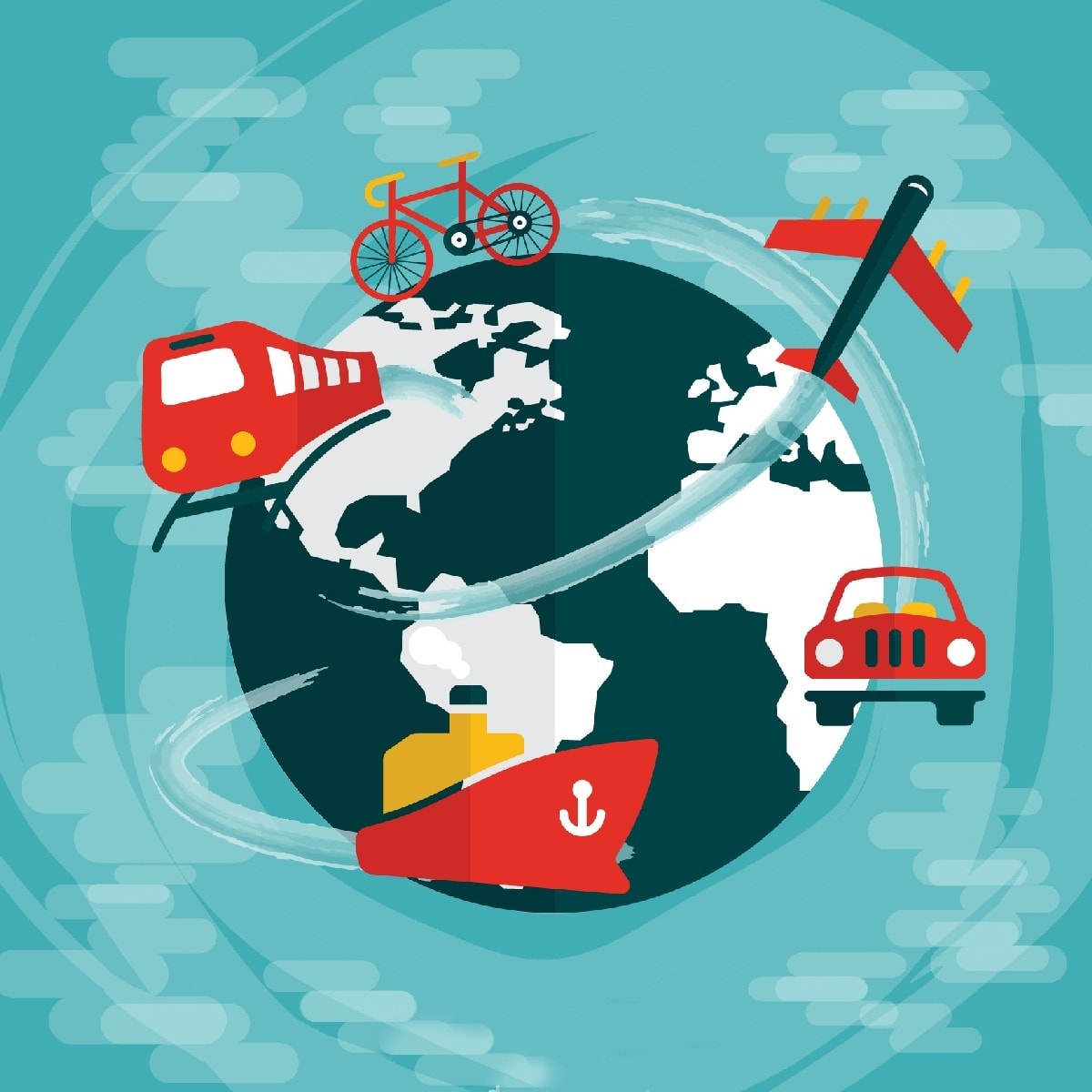Efficiency is a crucial factor when it comes to transportation. In today's fast-paced world, finding the most efficient mode of transportation is essential for optimizing time, cost, and environmental impact. This blog post aims to delve into various transportation modes and determine which one stands out as the most efficient. From traditional options to emerging technologies, we will explore the pros and cons of each mode, considering factors such as speed, cost-effectiveness, sustainability, and versatility.
- The Efficiency of Air Travel:
Air travel has revolutionized global connectivity, enabling people and goods to reach distant destinations in record time. With advancements in aircraft technology, air travel has become faster and more fuel-efficient. However, it is important to consider the environmental impact of aviation, including carbon emissions and noise pollution. Additionally, air travel may not be the most cost-effective option for short distances or when considering large-scale cargo transportation. - The Speed and Versatility of Railways:
Railways have long been recognized for their efficiency in transporting large volumes of goods and passengers. High-speed trains, such as the Japanese Shinkansen and the European TGV, offer unparalleled speed and comfort for long-distance travel. Railways also have the advantage of being highly versatile, with the ability to transport various types of cargo, including bulk goods and hazardous materials. However, rail infrastructure development and maintenance costs can be substantial, limiting their availability in certain regions. - Road Transport: Balancing Efficiency and Accessibility:
Road transport, including cars, trucks, and buses, remains the most accessible mode of transportation for individuals and businesses. With an extensive road network in many countries, road transport offers door-to-door service, making it highly convenient. However, traffic congestion, fuel consumption, and carbon emissions are significant challenges associated with road transport. Efforts to improve efficiency, such as the development of electric and hybrid vehicles, as well as intelligent traffic management systems, are underway. - The Potential of Waterways:
Water transport, including ships and barges, has been a reliable mode of transportation for centuries. It offers the advantage of being highly energy-efficient, with the ability to transport large volumes of cargo at a relatively low cost. Waterways also have the potential to reduce road congestion and carbon emissions. However, their efficiency is limited to areas with navigable rivers, lakes, or coastlines. Furthermore, the speed of water transport may not be suitable for time-sensitive goods or passenger travel. - Emerging Technologies: The Promise of Hyperloop and Autonomous Vehicles:
As technology continues to advance, new transportation modes are on the horizon. The hyperloop, a high-speed transportation system using low-pressure tubes, holds the promise of revolutionizing long-distance travel. With speeds exceeding those of airplanes, the hyperloop could potentially be the most efficient mode of transportation in the future. Similarly, autonomous vehicles have the potential to optimize road transport by reducing traffic congestion and improving fuel efficiency.
Conclusion:
Determining the most efficient mode of transportation is a complex task that depends on various factors, including distance, cargo type, cost, and environmental impact. While air travel offers unparalleled speed, railways excel in long-distance transportation, road transport remains the most accessible, and waterways provide energy-efficient options. As emerging technologies like the hyperloop and autonomous vehicles continue to develop, the future of transportation efficiency holds exciting possibilities. Ultimately, a combination of these modes, tailored to specific needs, may be the key to achieving optimal efficiency in the transportation industry.

